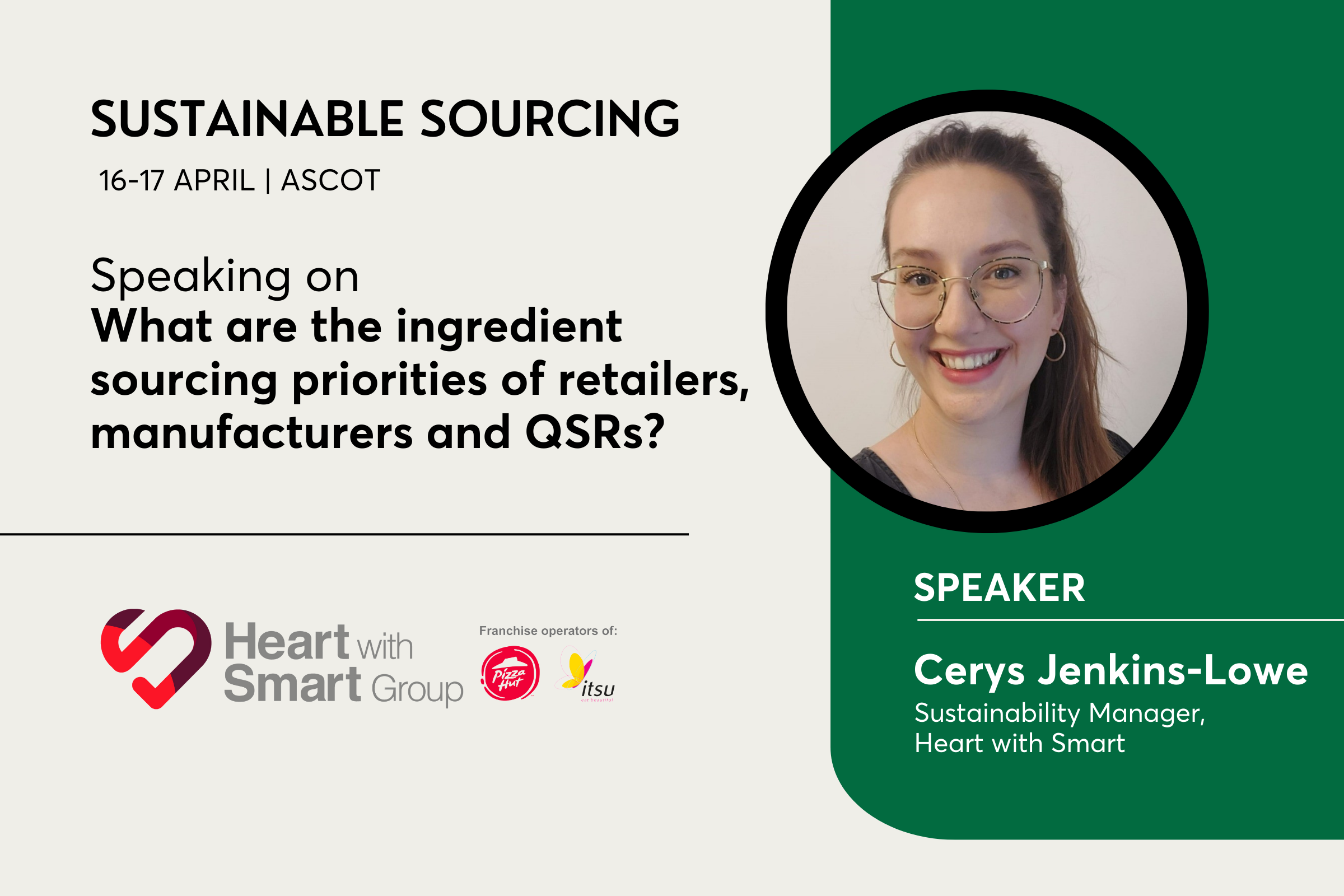The future of AI within the food and drink industry

Artificial intelligence has been around for a while now, disrupting and bringing innovation to major sectors such as the financial services and health care. But how exactly has AI disrupted the food and beverage industry and what further innovation can it bring to this sector? Spoonshot, a food and beverage innovation intelligence platform, shared their insights with Food Matters Live.
Kishan Vasani, CEO and Co-Founder of Spoonshot expertly explains exactly how AI can be leveraged to make better decisions critical to innovation, the trends have been predicted to come around in 2022 and 2023, and the significance of AI within the food and drink industry.
Spoonshot, will be joining you at your Food Matters Live event this November, and is described by its CEO to be a platform that “leverages AI and its underlying data sources, of which it has 28 thousand, to power insights and reveal the future of food by understanding emerging and evolving consumer market needs and therefore predict trends and uncover innovation opportunities.”
Vasani goes on to further explain how Spoonshot is completely unbiased, providing accurate and authentic data and insights that are:
“Catered around helping steer the industry towards unmet and unarticulated consumer market needs. From a purely data perspective, we are agnostic in terms of where the industry is going, and we report the truth and are able to see the truth about the future of food and that has really great value to our community.”
A few months ago, Spoonshot released their trend predictions report identifying several major trends for 2022 and 2023. Categorised in three key areas spanning sustainability and food service, they are as follows:
- Two Good Together
“Two Good Together” is the concept of food synergies, how certain ingredients become more beneficial together than on their own. An example of this is turmeric and black pepper, which Spoonshot shares involves taking turmeric’s “active ingredient” curcumin with black pepper’s active ingredient piperine, to improve absorption. Studies have shown the absorption of curcumin goes up by nearly 2000% when combined with piperine.
Vasani further comments that this means there is scope for “brands to move away from “Hero Ingredients”, which is often a single ingredient, and has been the norm so far.”
- Smell and Taste Distortions
Spoonshot has also reported that there has been an increase in the amount of long-term smell and taste distortions in consumers who have had covid-19, and that there has been an emergence of products catering to help people regain these senses.
Vasani comments on this regard that: “It’s an important opportunity for food and beverage products and services to be a part of that recovery process. For example, research indicates that umami flavours and texture combinations in food have a lot of potential in this space.’
- Plant-based Milk Alternatives
There are likewise predictions regarding the expansion of plant-based milk alternatives and what the next ingredient in this space will be, which Spoonshot expects to be around grains like barley.
Vasani adds that, “barley is the fourth most cultivated grain in the world, it is highly nutritious and is a heavy crop, meaning it can be cultivated anywhere. It therefore holds certain advantages over more traditional plant-based ingredients such as oats.”
What does the team at Spoonshot think the importance of AI is within the working world and in the food and beverage industry?
AI has penetrated various industries over the last decade and there’s been successful application of AI in sectors such as health care, financial services and more.
Vasani notes that, ‘Over the last 3 years, AI has become to play its part in the food and beverage industry.’
But how?
Vasani continues, that a very abstract level, ‘the core application of AI is about automating repetitive, mundane and repetitive tasks while also executing complex calculations and scenarios that humans can’t, or would take us a huge amount of time, effort or cost to do.’
The team at Spoonshot, believes that AI is ultimately an enabler for people to focus on the work that they are good at doing as people and humans. Rather than a replacement.
‘It’s important to note that, no matter what decision, calculation or prediction is made by an AI, it is always going to need a human to contextualise it and to apply instinct and intuition to it.’
Spoonshot likewise comments that “there is an abundance of different applications that AI can be used within the industry and we are truly just at the start of this road.”
What are these applications?
Some of these applications include:
- The utilisation of AI to analyse large data sets to help effective decision making, formulate foods and create recipes in a timelier manner.
- Ensuring ingredients meet certain quality standards.
- Monitoring food waste in restaurant kitchens by make recommendations regarding future inventory purchasing to help with profitability and waste reduction.
But the future of AI is growing in this space and this is just the beginning.
Sign up for the free plan of Spoonshot and learn more about Spoonshot, the benefits it brings, its wide array of applications and future emerging sustainability trends at Food Matters Live this November, where this innovative and ground-breaking brand will be speaking as one of our Global Thought Leaders.









